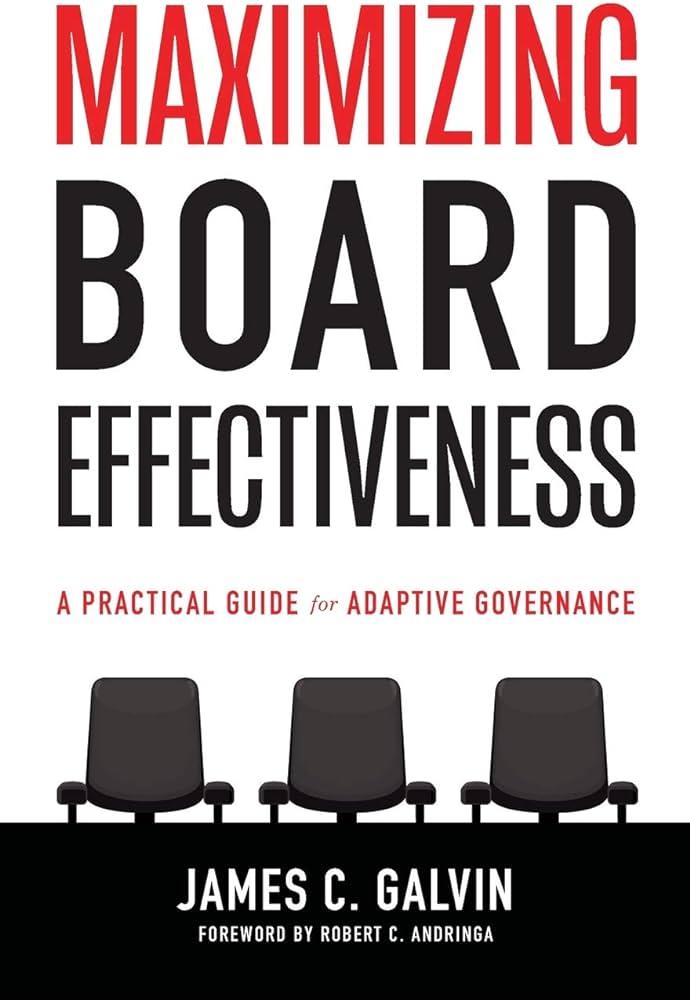In a world where uncertainty lurks around every corner, one steadfast companion stands out – health insurance. This vital safety net offers a shield of protection against the unpredictable twists and turns of life’s health-related challenges. Dive into the realm of health insurance with us as we unravel the mysteries, benefits, and nuances of this indispensable asset that empowers individuals to navigate the complex terrain of healthcare with confidence and security. Explore the intricate web of coverage options, costs, and peace of mind that health insurance brings to the forefront of the modern healthcare landscape. Join us on this enlightening journey to demystify the realm of health insurance and discover the key to safeguarding your well-being in a world full of uncertainties.
Table of Contents
- Understanding the Basics of Health Insurance Coverage
- Choosing the Right Health Insurance Plan for Your Needs
- Navigating Common Challenges in Health Insurance Claims
- Maximizing Benefits and Savings with Your Health Insurance
- Q&A
- Insights and Conclusions


Understanding the Basics of Health Insurance Coverage
In the realm of health insurance, it’s crucial to grasp the fundamental principles that underpin your coverage. By understanding the basics, you can navigate the intricate world of healthcare benefits with confidence and ease. Let’s delve into the essentials that will empower you to make informed decisions regarding your health and well-being.
Coverage Types:
- Health Maintenance Organization (HMO): Requires members to choose a primary care physician and obtain referrals for specialists.
- Preferred Provider Organization (PPO): Offers a network of approved providers with varying coverage for in-network and out-of-network services.
- Exclusive Provider Organization (EPO): Strictly limits coverage to care within the designated network without out-of-network options.
- Point of Service (POS): Combines aspects of HMO and PPO models by allowing flexibility in choosing healthcare providers.
Key Considerations:
- Deductible: The amount you must pay before your insurance starts covering costs.
- Premium: The regular payment required to maintain your insurance policy.
- Copayment: A fixed amount paid for covered services after meeting the deductible.
- Coinsurance: The percentage you pay for services after the deductible has been met.


Choosing the Right Health Insurance Plan for Your Needs
Navigating the realm of health insurance plans can feel like diving into a sea of options, each with its own set of features and benefits. Understanding your healthcare needs and financial constraints is crucial in selecting the right plan to safeguard your well-being. Consider factors like coverage, premiums, deductibles, and copayments to tailor your insurance choice to suit your lifestyle.
When evaluating health insurance plans, pay attention to the network of healthcare providers affiliated with each option. Having access to a wide network ensures you can receive care from your preferred doctors and specialists. Additionally, look out for extra perks such as telemedicine services, wellness programs, and prescription drug coverage to enhance your overall healthcare experience. Remember, a well-informed decision today can pave the way for a healthier tomorrow.

Navigating Common Challenges in Health Insurance Claims
can be a daunting task for many individuals seeking reimbursement for medical expenses. One of the frustrations faced by policyholders is the intricacies of claim submission, which often involve complex forms and documentation requirements. Understanding what information to provide and how to present it can significantly impact the success of a claim.
Moreover, dealing with claim denials can add another layer of stress to an already challenging situation. Whether it’s due to missing information, coding errors, or coverage disputes, having a strategy to appeal denied claims is crucial. Being proactive in addressing these issues, seeking clarification from insurance providers, and staying informed about policy details are key steps in successfully navigating the maze of health insurance claims. Remember: being patient and persistent can make a difference in resolving claim-related issues effectively.

Maximizing Benefits and Savings with Your Health Insurance
Having the right health insurance plan can make a world of difference when it comes to your well-being and financial security. Understanding how to maximize the benefits and savings provided by your health insurance can ensure you get the most out of your coverage. When it comes to maintaining your health, preventive services are often covered at no extra cost with many health insurance plans. This includes screenings, vaccinations, and yearly check-ups that can help catch potential health issues early on. By taking advantage of these services, you not only prioritize your health but also save money in the long run by avoiding more serious health complications.
Moreover, exploring in-network providers can help you save significantly on healthcare costs. In-network providers have negotiated rates with your insurance company, which means you’ll pay less out of pocket when you see them. Additionally, some health insurance plans offer wellness programs and discounts on gym memberships, healthy food options, or fitness trackers to encourage a healthier lifestyle. Taking advantage of these wellness incentives not only benefits your health but also your wallet in the form of potential savings on premiums or deductibles. By being proactive and informed about your health insurance benefits, you can make the most of your coverage while promoting your well-being.
Q&A
Q: Why is health insurance important?
A: Health insurance provides financial security by covering medical expenses in case of illness or injury, ensuring access to quality healthcare without worrying about high costs.
Q: What are the benefits of having health insurance?
A: Having health insurance offers peace of mind, access to preventive care, affordable treatments, and protection against unforeseen medical emergencies that could otherwise lead to financial strain.
Q: How do I choose the right health insurance plan?
A: To choose the right health insurance plan, consider your healthcare needs, budget, preferred healthcare providers, coverage options, deductibles, and co-pays to find a plan that suits your individual requirements.
Q: Can I change my health insurance plan?
A: Yes, you can usually change your health insurance plan during the annual open enrollment period or in certain qualifying life events like marriage, birth of a child, job loss, or relocation.
Q: What is the difference between HMO and PPO health insurance plans?
A: HMO (Health Maintenance Organization) plans require you to choose a primary care physician and get referrals for specialists, while PPO (Preferred Provider Organization) plans offer more flexibility in selecting healthcare providers without needing referrals.
Q: How does health insurance help in managing chronic conditions?
A: Health insurance assists in managing chronic conditions by covering regular check-ups, medications, specialist consultations, and treatments, ensuring ongoing care and support for individuals with long-term health issues.
Q: Are pre-existing conditions covered by health insurance?
A: With the Affordable Care Act, health insurance plans are required to cover pre-existing conditions, prohibiting insurers from denying coverage or charging higher premiums based on pre-existing health conditions.
Q: What should I do if I have trouble understanding my health insurance coverage?
A: If you have difficulty understanding your health insurance coverage, contact your insurance provider’s customer service for clarification, review your policy documents, consult with a healthcare navigator, or seek assistance from a healthcare advocate for guidance.
Insights and Conclusions
As we conclude our exploration of the intricacies of health insurance, it is clear that this vital aspect of healthcare plays a crucial role in safeguarding our well-being and providing financial security in times of need. Whether you’re navigating the complex landscape of insurance options or seeking to optimize your coverage, remember that being informed and proactive is key. Stay empowered, stay healthy, and let your health insurance be a safety net that supports you on your journey to wellness. Thank you for joining us on this enlightening discussion, and may your path to comprehensive health coverage be smooth and beneficial.




0 Comments